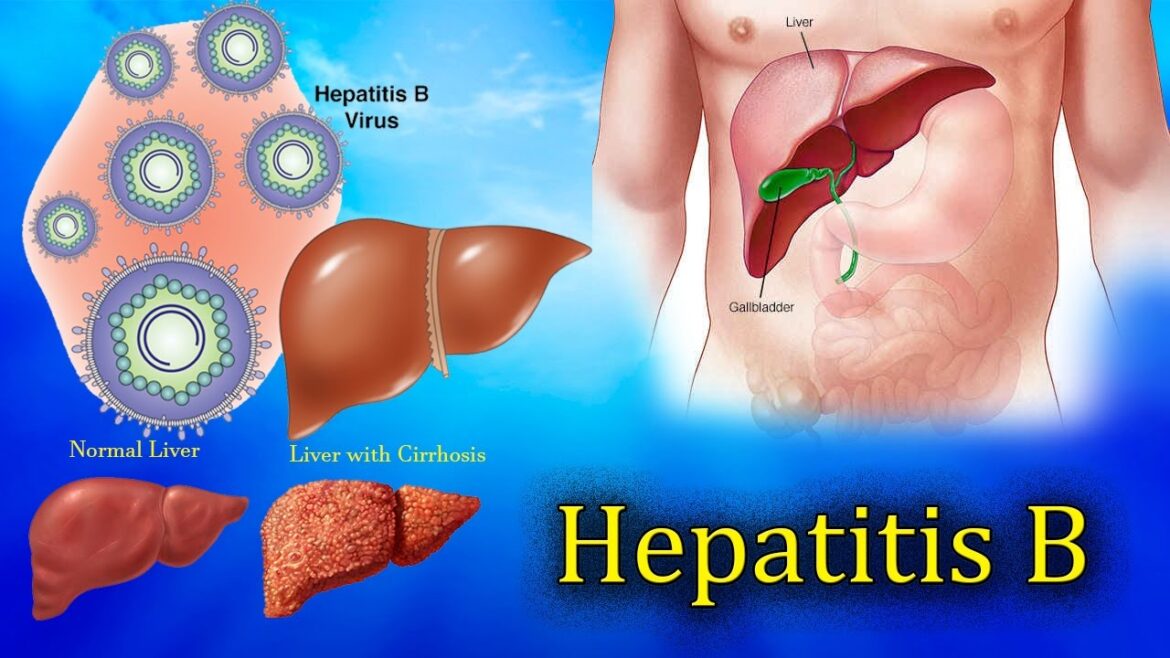By Zayamu Hassan
About 4.5 million African children under the age of five are infected with chronic Hepatitis B, the World Health Organisation (WHO), revealed.
This is reflecting a colossal 70 percent of the global burden in this age group.
The WHO Regional Director for Africa, Dr Matshidiso Moeti, made the revelation in a statement to mark the year 2021 World Hepatitis Day.
Health Reporters report that the theme for this year is “Hepatitis can’t wait.”
She lamented that the global target of less than 1% incidence of hepatitis B in children under five years has been reached, but the African Region is lagging behind at 2.5 percent.
“In Africa, hepatitis is a silent epidemic. More than 90 million people are living with hepatitis in the Region, accounting for 26 percent of the global total. More than 124,000 Africans are dying every year from the consequences of undetected and untreated hepatitis,” she said.
The WHO, however, insisted that most of the cases of Hepatitis in children could be prevented by eliminating mother-to-child transmission of the disease, during or shortly after birth and in early childhood.
Key interventions against hepatitis B, according to the WHO, include vaccination at birth and in early childhood, screening pregnant women, and providing timely treatment.
The WHO, according to her, is seeking to integrate hepatitis B interventions into antenatal care services.
“We also want to strengthen collaboration with key partners, such as the Organization of African First Ladies for Development, which have championed progress towards a HIV-free generation. By expanding programmes to incorporate hepatitis, action can be quickly scaled-up.”
Moeti however, lamented that “only 14 countries in the region are implementing hepatitis B birth-dose vaccine. Among people who are infected, nine out of 10 have never been tested because of limited awareness and access to testing and treatment.
“Even among countries offering hepatitis B birth-dose vaccine, health systems are facing challenges in ensuring pregnant women and mothers are tested and that those who test positive are treated.”
She, however, noted that with increased advocacy in recent years, political will among the African leaders is starting to translate into action, stressing that “Hepatitis medicines have become much more affordable, with prices as low as $60 per patient for a 12-week treatment.
“Considering this advantage, African Heads of States have committed to address viral hepatitis as a public health threat in the Cairo Declaration in February 2020.”




